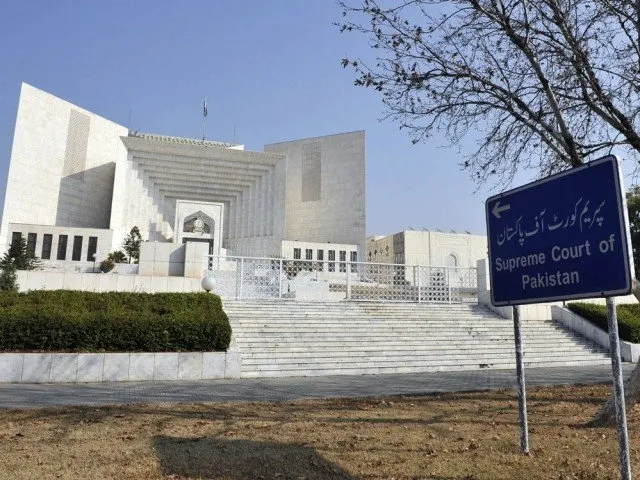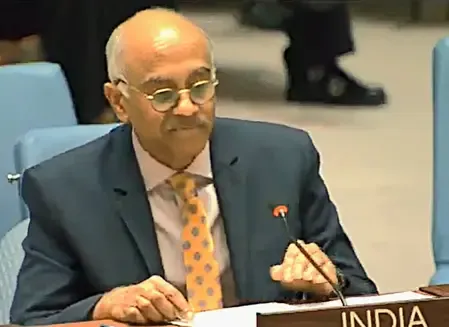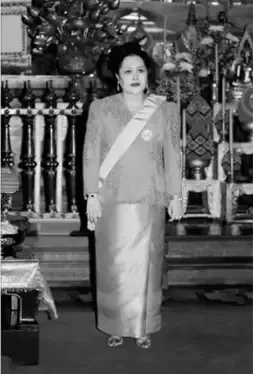Did Pakistan's Supreme Court Confirm the Death Penalty for Zahir Jaffer in the Murder of Noor Mukadam?

Synopsis
Key Takeaways
- Supreme Court upheld death sentence for Zahir Jaffer
- Conviction for rape converted to life imprisonment
- Kidnapping conviction annulled
- Public outrage highlighted issues in the justice system
- Significance for women's safety in Pakistan
Islamabad, May 20 (NationPress) The Supreme Court of Pakistan has reaffirmed the death sentence for Zahir Jaffer, the son of a prominent industrialist, who was convicted in the brutal murder of Noor Mukadam, a 27-year-old woman and the daughter of Shaukat Mukadam, a former Pakistani diplomat who held ambassadorial positions in South Korea and Kazakhstan. Noor was viciously attacked and killed by Jaffer in his home in Islamabad four years ago.
A three-judge panel, headed by Justice Hashim Kakar and including Justice Ishtiaq Ibrahim and Justice Ali Baqar Najafi, delivered their ruling in this high-profile case, rejecting Jaffer’s appeal against his conviction under Section 302 of the Pakistan Penal Code, concerning premeditated murder.
This ruling by the Supreme Court signifies the resolution of a significant case, which many feared might be influenced by Jaffer’s affluent family, potentially obstructing justice for Noor Mukadam's family. The prolonged nature of the case led to considerable public outrage and discussions about the justice system's efficacy and the overall safety of women in the nation.
“This was our last chance, and it’s challenging to express what this verdict signifies for us,” stated Shafaq Zaidi, a childhood friend of Noor Mukadam.
While the court upheld Zahir Jaffer’s death sentence, it converted his conviction for 'rape' under Section 376 of the Pakistan Penal Code to life imprisonment and annulled his kidnapping conviction involving Noor Mukadam.
The court also lightened the sentences for Jaffer’s accomplices, who were his household staff at the time of the crime. The gardener and watchman were released as the court noted they had already served their sentences during the trial.
In 2021, Jaffer brutally assaulted Noor Mukadam at his residence, torturing her with a knuckleduster and ultimately beheading her with a sharp weapon. Noor reportedly attempted to flee on the night of her murder, but she was prevented from escaping by the co-accused gardener and watchman.









